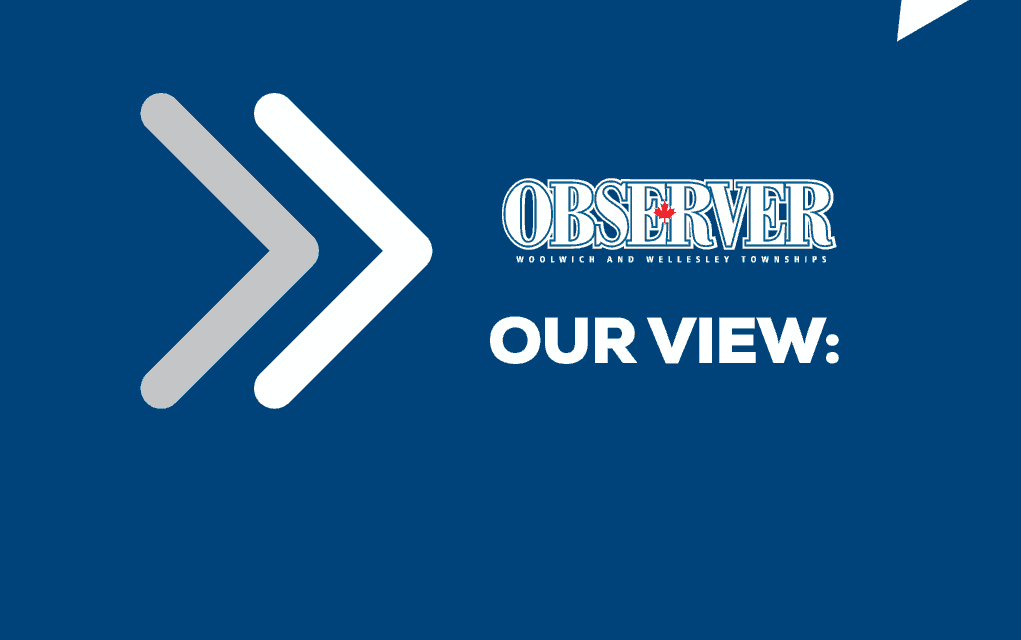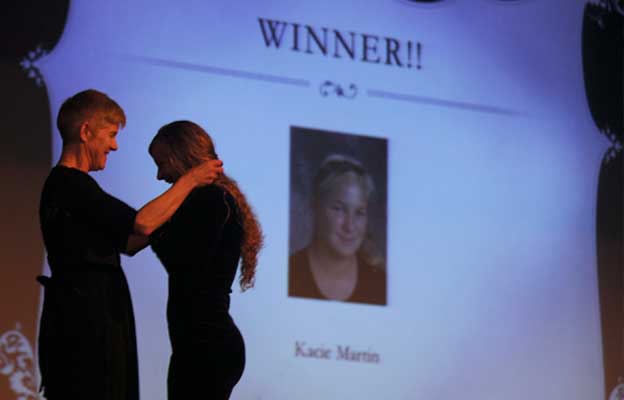In a legal strike position since May 10, public elementary school teachers began what they’re calling an “administrative work to rule” on Monday.
That means that while teachers will be free to carry on running extracurricular activities like sports and field trips, their union has advised them against fulfilling various housekeeping duties or taking part in training sessions, which could have an impact on the new sexual education curriculum scheduled to launch next fall.
“Mainly it is administrative duties that teachers will not be performing” said Greg Weiler, the Elementary Teachers Federation of Ontario (ETFO) representative for Waterloo. “They will not be doing anything with EQAO testing, they won’t be attending various types of meetings and things of that sort including anything to do with specific Ministry (of Education) initiatives. And apart from that, they will be completing report cards but they won’t be filling in the comment box.”
The province and the ETFO have been unable to come to come to terms on a new contract since the previous deal expired last August.
The main sticking points in negotiations between the province and the union revolves around compensation and class sizes.
Weiler argues the teachers are really just fighting for their students.
“Teachers do not, despite what the minister of education has said recently, teachers do not want to be on strike and they do not want to have to engage in job action,” he said. “All of our members are deeply committed not just to the public education system but to the students they teach and I think parents whose children go to schools know that and they believe that about their teachers and so I would ask parents to trust the judgment of those teachers; they are the members that are giving us direction.
Everything that is contemplated, it is always a consideration of how will this affect students and parents and what are the goals of this action?”
He continued, “The goals are to get things moving at the negotiating table in a direction that will be more beneficial to students. The things that the school board association and the government have tabled to this point are not things, in our view, are going to improve student achievement or be beneficial for students. … I think the overarching issue is the lack of a real willingness to enter into discussions and negotiation. Things have remained largely static for nine months and that is a problem. But apart from that the things that have been brought forward by the school board association, things like rolling back the class size cap which this government brought in, and it was obviously brought in because of the data that shows increasing student-teacher contact through lower class sizes is beneficial for students, especially for students in the early grades and for students with special needs. That I think is an issue, in or outside of negotiations, is an issue of special needs students in Ontario’s public education system is one that I think cannot get enough attention. It is an increasingly problematic issue, the lack of support, and I fear that at some point there is going to be something that happens somewhere in the province that is going to force everyone to stop and say, ‘okay, we need to do something now.’”
The union hopes the job action will get the province to the bargaining table, Weiler said, but with the Wynne government facing yet another enormous budget deficit for 2015- caused in large part by out-of-control compensation levels for public employees like teachers- they realize this could be a long process.
Talks between the ETFO and the Ministry of Education on Monday broke off after just 30 minutes, Weiler noted.
Public high school teachers in the region have been in a legal strike position since May 2, but have not proceeded with any job action.
The union representing Catholic teachers in the province has stated that it will not look at joining the fray until June at the earliest.
Next Article
Wynne paves way for us to pay for partisan ad blitz









